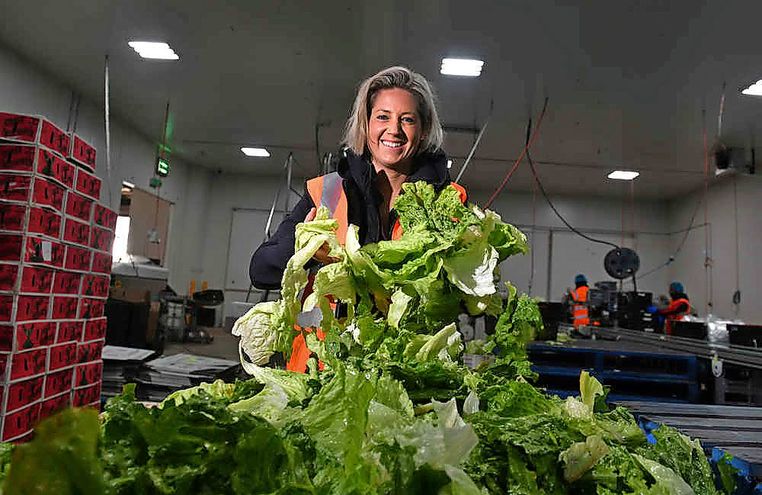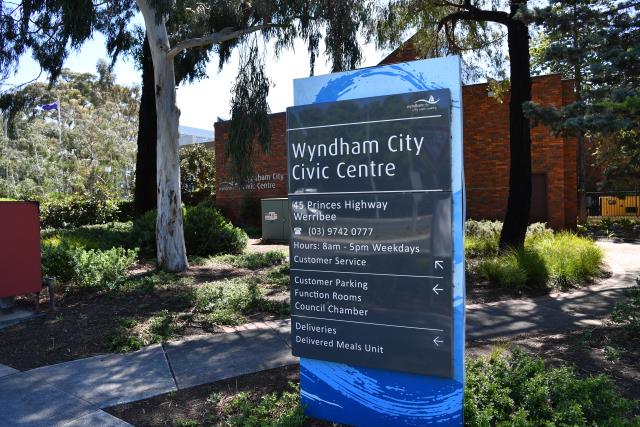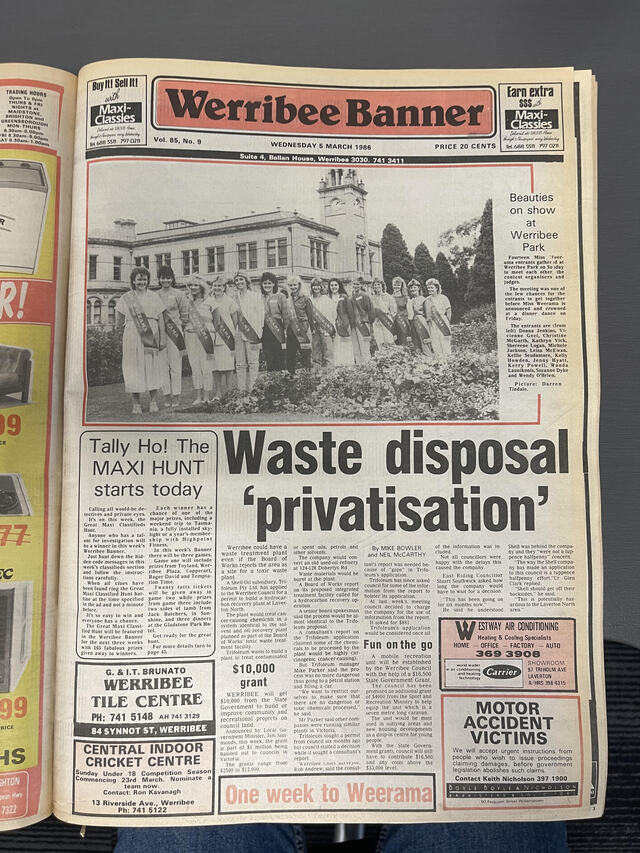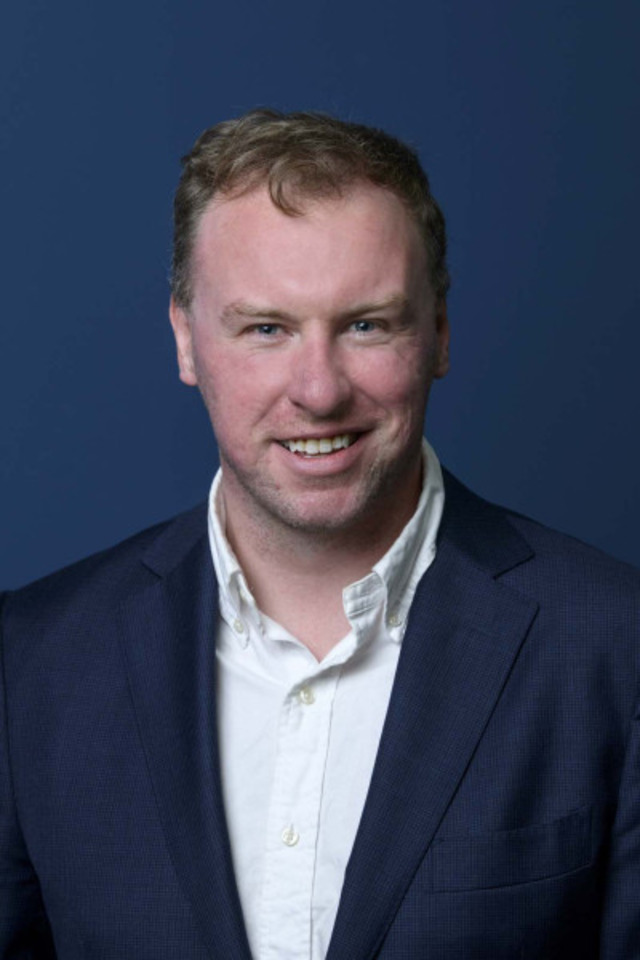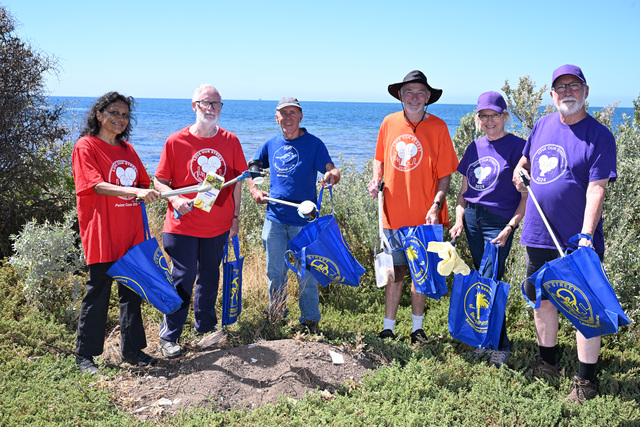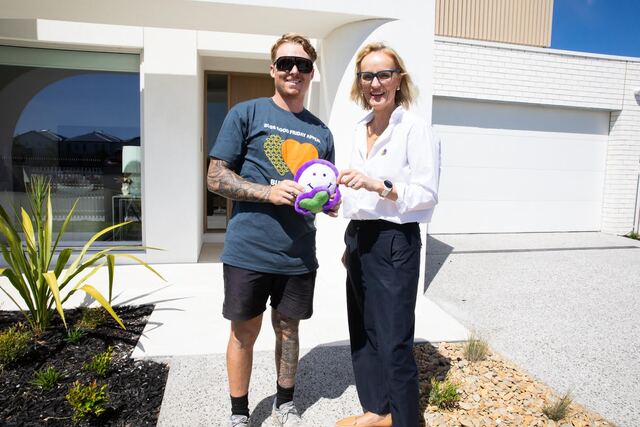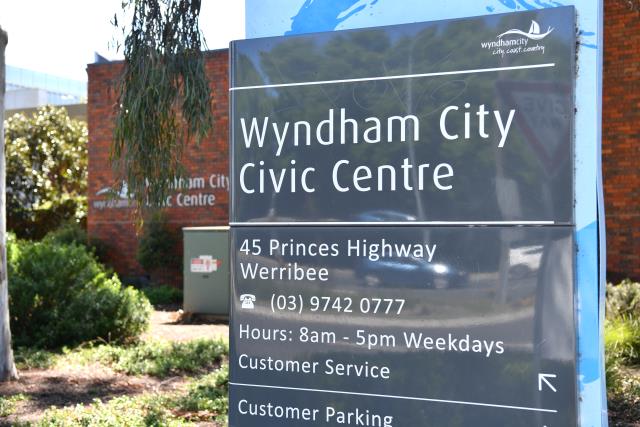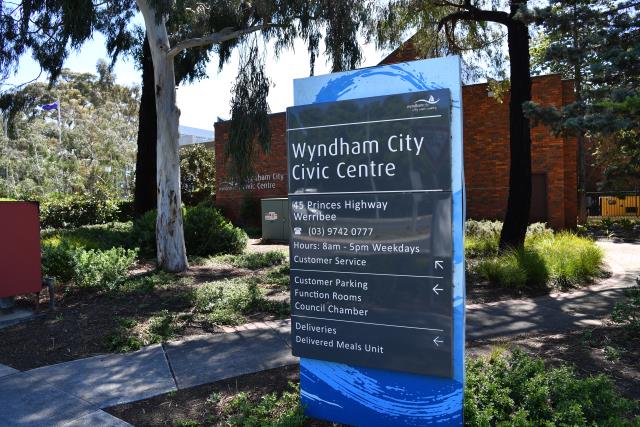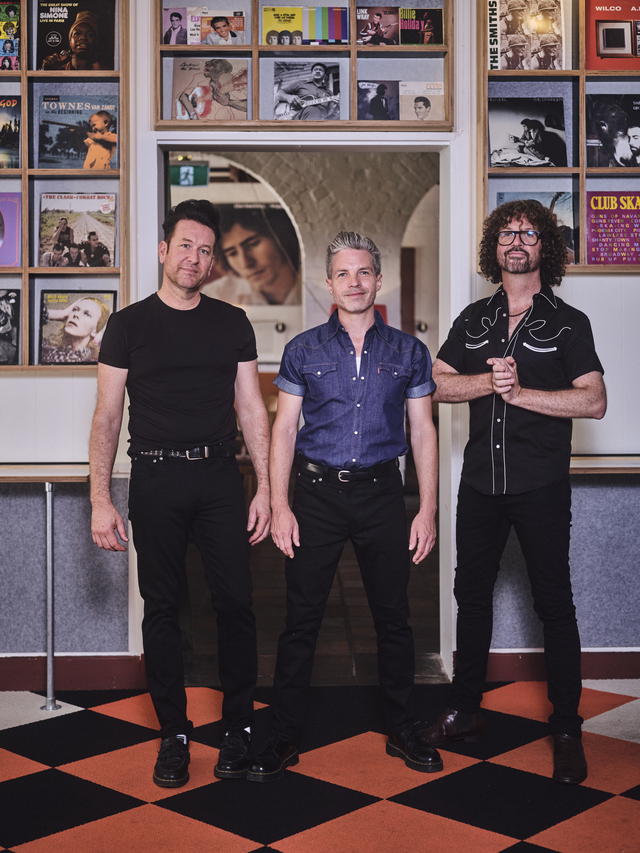Turning fruit and veggie scraps into chips or farm animal food are just the tip of the iceberg for Wyndham’s Catherine Velisha who aims to change the sustainable farming game.
The chief executive of Velisha National Farms is on a journey to operate completely on recyclable and combustible materials and hopes to set the bar for the industry by being part of the national waste management scheme Aspire.
Started by the Commonwealth Scientific and Industrial Research Organisation in 2015 the program works with councils to match material resources, or waste, between companies, manufacturers, re-manufacturers and recyclers to identify alternative supply chains.
For Ms Velisha, turning zucchinis into chips and food waste into fodder or compost is just part of her plan for sustainable business practice.
“There’s a lot of waste in the food industry. A few years ago we had zucchini’s that were too big to sell, so we approached a company that could turn them into chips,” Ms Velisha said.
“There’s also a lot of biomass waste in farming, like broccoli stems or lettuce scraps.
“We’re now looking to add fibre additives into it to produce livestock fodder.
“We’re already in the process of getting rid of single-use plastics and are aiming to use 100 percent recyclable and combustible material in the next few years.
“We want everything we use as a business to be recyclable or biodegradable – from having cardboard boxes used as concrete additives, to vegetable wrap that will break down in a matter of months.”
Aspire chief executive Cameron McKenzie said Wyndham council was one of the latest councils to join the program which had reduced 45,000 tonnes of waste going to landfill since its inception.
“What might previously have gone into landfill, can now be used to support another industry, with zero cost in terms of material,” Mr McKenzie said.
Wyndham environment and sustainability portfolio holder Heather Marcus said that with rubbish collection and disposal being a key function of councils, the need for a solution is acute.
“It’s become clear that waste is a problem across the world, which means we need to look at this problem seriously,” said Cr Marcus said.

